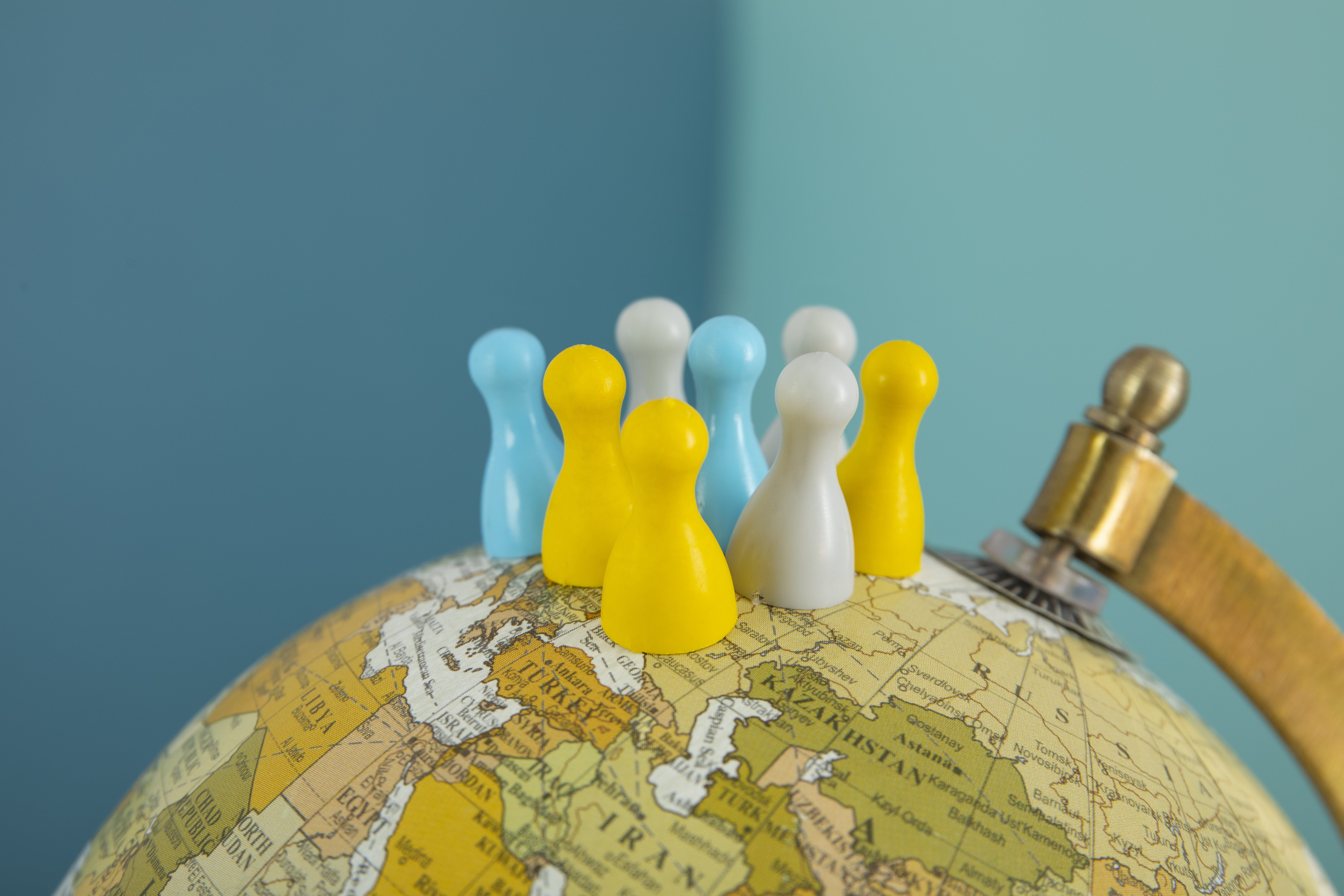The protection of human rights and the promotion of international justice is an essential task for legal professionals.
Full article
Progress and challenges in the protection of human rights and international justice
Human rights are a cornerstone of modern society, but their protection at the international level has been a constant battleground between state interests and the pursuit of global justice. In this article, we explore the challenges and developments in the protection of human rights at the international level, as well as accountability mechanisms for crimes against humanity and human rights violations.
Persistent challenges
Despite continuing efforts, challenges in the protection of human rights persist around the world. One of the main obstacles is the reluctance of some states to accept international jurisdiction over internal matters, which hinders the application of universal human rights standards. In addition, a lack of political will to address human rights violations has led to widespread impunity in many countries.
Corruption and lack of resources also undermine efforts to protect human rights. Weak judicial systems and lack of access to justice make it difficult for victims to seek redress for human rights violations. In addition, discrimination based on gender, race, religion or sexual orientation remains a serious problem in many parts of the world, perpetuating injustice and inequality.
Significant advances
Despite these challenges, there have been significant advances in the protection of human rights at the international level. International tribunals, such as the International Criminal Court (ICC), have played a crucial role in ensuring accountability for crimes against humanity, genocide and war crimes. These tribunals have set important precedents and sent a clear message that perpetrators of gross human rights violations will not go unpunished.

In addition, growing public awareness and civil society pressure have led to increased attention to human rights violations around the world. Social movements and human rights campaigns have led to legislative and policy changes that promote equality and justice. The international community has also established monitoring and oversight mechanisms to ensure compliance with international human rights treaties and agreements.
Accountability mechanisms
Accountability mechanisms play a key role in protecting human rights and promoting international justice. These include international tribunals, truth commissions, monitoring systems and complaints mechanisms. The International Criminal Court is the main body charged with prosecuting individuals for crimes against humanity, genocide and war crimes. Although it faces challenges in its implementation, its existence represents an important step towards international accountability.
In addition to international tribunals, truth commissions play a crucial role in reconciliation and reparations for victims of human rights violations. These commissions investigate and document past violations, provide a platform for truth and reconciliation, and recommend measures to prevent future abuses.
Comments
Related links
Main menu












